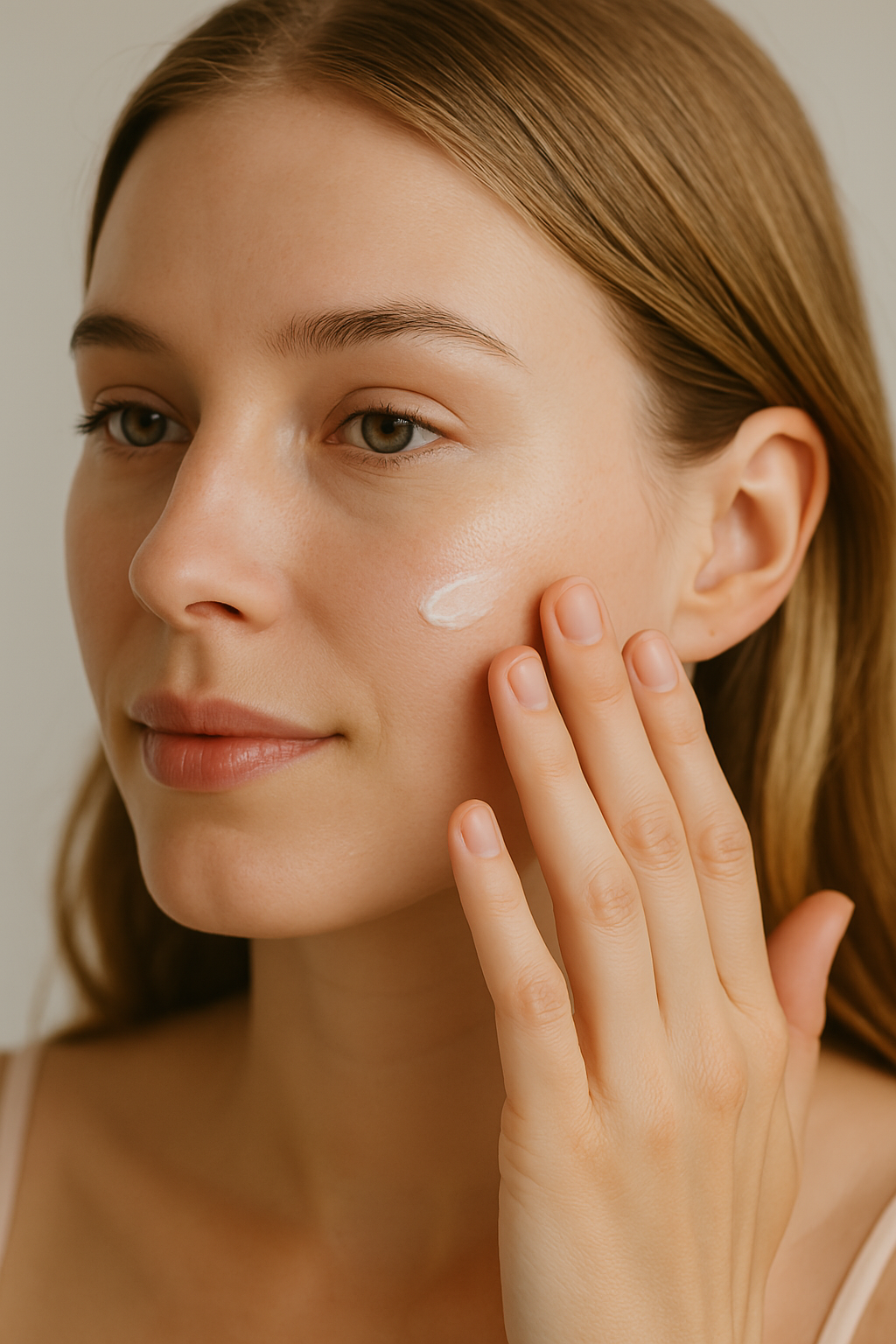Diet and Caffeine Consumption: How They Impact Your Skin
When it comes to skincare, many people focus solely on topical treatments—moisturizers, serums, and cleansers. While these products play a significant role, the foundation of healthy, radiant skin starts from within. Your diet and caffeine consumption can dramatically impact your skin’s overall health, influencing breakouts, fine lines, wrinkles, and hydration levels. Let’s dive into the connection between what you consume and how your skin responds.
The Impact of Diet on Your Skin
Your skin is the largest organ in your body and is often the first place to show signs of nutritional deficiencies or excesses. Here’s how different dietary choices impact your complexion:
1. Sugar and Processed Foods: A Recipe for Breakouts
High-glycemic foods such as refined sugars, white bread, pastries, and sodas cause blood sugar spikes, triggering inflammation. This inflammation stimulates sebum production and contributes to acne breakouts. Additionally, sugar causes glycation, a process that weakens collagen and elastin, leading to premature aging, sagging skin, and wrinkles.
2. Dairy: A Hidden Acne Culprit
Dairy, particularly milk, has been linked to acne due to the hormones present in it. These hormones can increase oil production and clog pores. If you struggle with persistent breakouts, consider reducing dairy intake and opting for alternatives like almond or oat milk.
3. Healthy Fats: The Key to a Youthful Glow
Essential fatty acids, particularly omega-3s found in salmon, walnuts, flaxseeds, and avocados, help maintain the skin’s barrier function, keeping it hydrated and plump. They also reduce inflammation, helping to prevent redness and irritation.
4. Antioxidants: Your Skin’s Best Friend
Foods rich in antioxidants, such as berries, dark leafy greens, and green tea, combat oxidative stress caused by environmental aggressors like UV rays and pollution. This helps to reduce fine lines and wrinkles while promoting a vibrant, even-toned complexion.
5. Hydration: The Ultimate Skincare Essential
Water is crucial for maintaining skin elasticity and preventing dryness. Dehydrated skin looks dull and is more prone to fine lines. Aim for at least 8 glasses of water daily, and include hydrating foods like cucumbers, watermelon, and oranges in your diet.
Caffeine and Your Skin: Friend or Foe?
Caffeine is a staple for many, but its effects on the skin can be both beneficial and harmful depending on how much and how often you consume it.
1. Dehydration and Premature Aging
Caffeine is a diuretic, meaning it increases urine production and can lead to dehydration. Dehydrated skin appears dull and can make fine lines and wrinkles more pronounced. If you consume large amounts of coffee or energy drinks, it’s essential to counteract the effects with plenty of water.
2. Increased Stress and Breakouts
Caffeine stimulates cortisol (the stress hormone), which can lead to increased oil production and breakouts. If you notice more acne flare-ups after consuming coffee, consider cutting back or switching to matcha, which contains less caffeine but is packed with skin-friendly antioxidants.
3. Antioxidant Benefits
On the positive side, caffeine is rich in antioxidants, particularly polyphenols, which help protect against premature aging and reduce inflammation. If consumed in moderation, coffee and tea can actually benefit the skin by fighting free radical damage.
A Skincare-Optimized Diet Plan
If you want to improve your skin from the inside out, follow this simple yet effective nutrition and lifestyle plan:
Morning Routine:
- Start your day with a glass of lemon water to flush out toxins.
- Have a smoothie with leafy greens, berries, flaxseeds, and collagen powder for a nutrient boost.
- If you need caffeine, opt for green tea or matcha instead of coffee.
Midday Fuel:
- Keep your meals balanced with lean proteins (chicken, salmon, tofu) and fiber-rich carbohydrates (quinoa, sweet potatoes).
- Include healthy fats like avocado or nuts to maintain hydration and elasticity.
- Drink at least 2-3 glasses of water before lunch.
Afternoon Pick-Me-Up:
- Instead of another coffee, try herbal teas like chamomile or hibiscus, which have anti-inflammatory properties.
- Snack on a handful of almonds or dark chocolate (70% or higher) for antioxidants.
Evening Nourishment:
- Eat a dinner rich in omega-3s (salmon, chia seeds) and antioxidants (broccoli, bell peppers, spinach).
- Hydrate with herbal tea or infused water.
- Avoid processed sugars and excessive alcohol, as they dehydrate and age the skin.
Nighttime Rituals:
- Take a collagen supplement or sip bone broth to support skin elasticity.
- Apply a hydrating night serum with hyaluronic acid to lock in moisture.
- Get at least 7-8 hours of sleep to allow your skin time to repair.
Final Thoughts
While skincare products play a vital role in achieving healthy, glowing skin, what you put into your body is just as important—if not more. By reducing sugar and processed foods, consuming healthy fats, staying hydrated, and moderating caffeine intake, you can improve your skin’s clarity, texture, and elasticity.
Try making small, sustainable changes to your diet and lifestyle, and your skin will thank you with a radiant, youthful glow!





